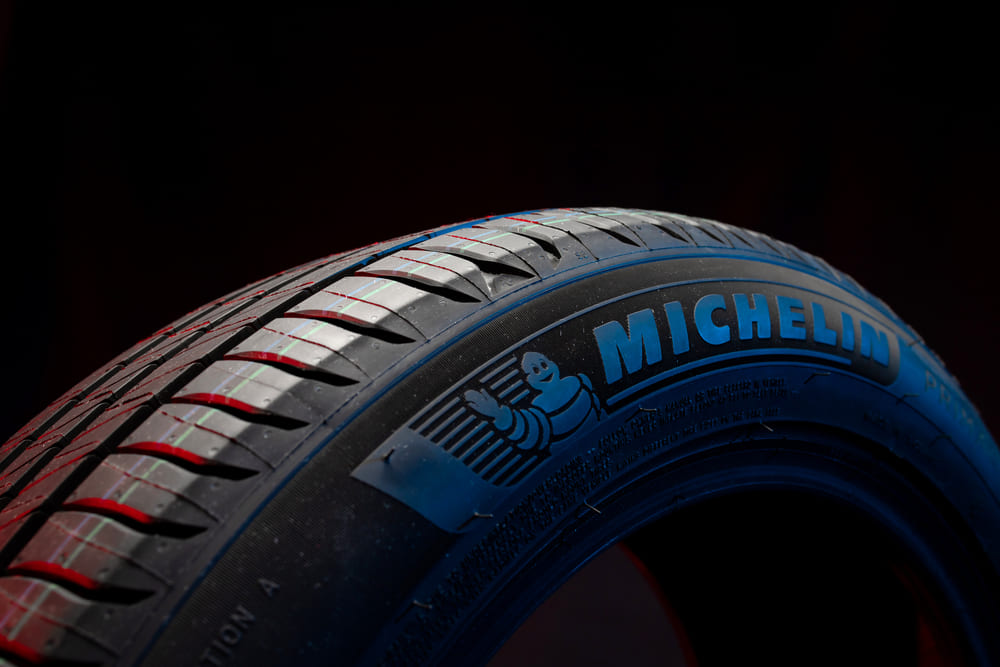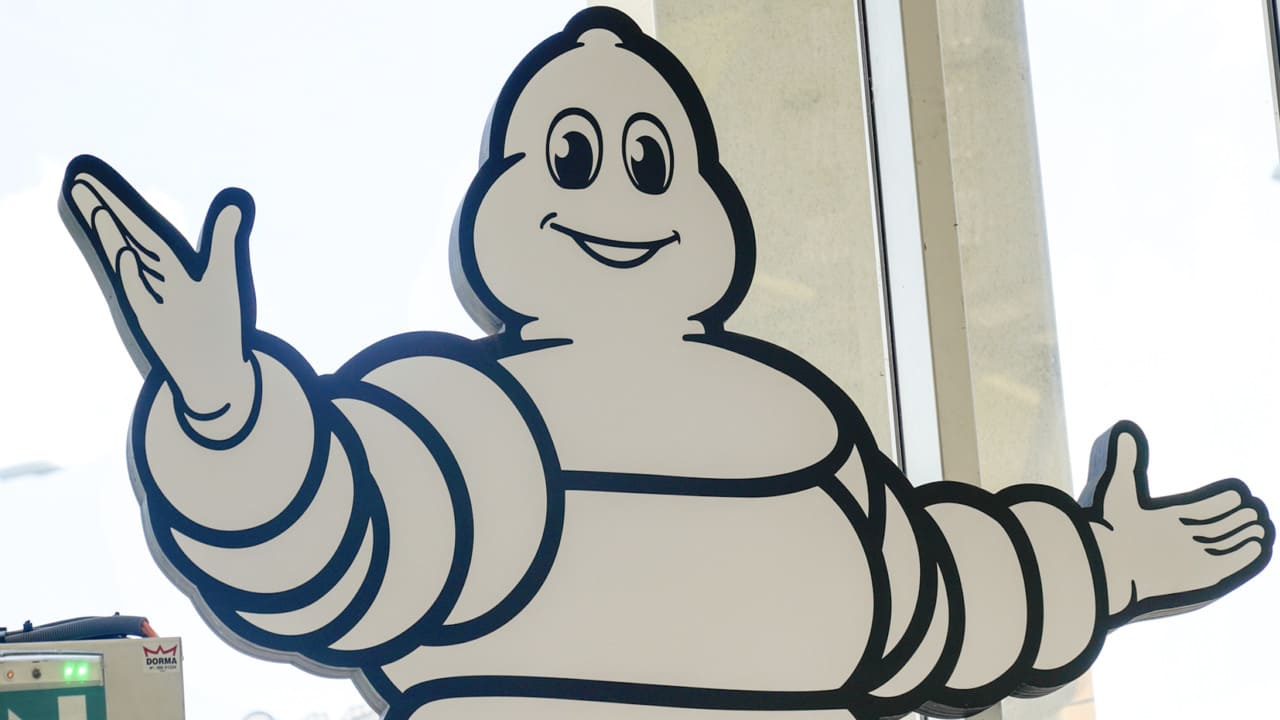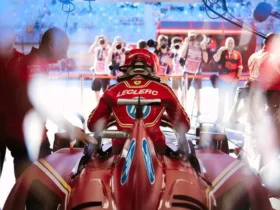Lo Michelin’s Cuneo tire plant carry out 60 years ed it is the largest car tire plant in Western Europe, as well as one of the most modern. The company has chosen this site to organize the first edition of its International Media Daydedicated to two strategic transformations for the Group. The first is the transformation of the tire market in the face of the new needs of motorists, manufacturers and climate change. The second is the transformation of its production sites in the face of new human, technological and environmental challenges.
On the occasion of the anniversary of the Cuneo plant, Michelin reiterates its environmental commitment
On this occasion, Michelin reaffirmed its environmental commitment and, more specifically, its goal of making all its tires with 100% sustainable materials, by 2050. In this context, Michelin is a key player in supporting the main trends of the tire market.
1- Tire sizes are increasing, due to the increasing weight of vehicles. This trend has a direct impact on consumption and CO2 emissions at a time of climate change and resource scarcity. Michelin responds to this paradox with technology. For example, by reducing the rolling resistance of its products, 3.4 billion liters of fuel could be saved over the life of the tires in 2021, avoiding the emission of 8.7 million tonnes of CO2 compared to 2010. Michelin will continue to work on this aspect between now and 2030, further improving energy efficiency by 10% (Michelin data).
2- The continuous development of All Season tires in Europe: per long avoided by European motorists, the all-season tire has enjoyed considerable commercial success in recent years, with sales tripling. This tire is recognized for its ease of use and remarkable performance, thanks to technological advances developed in particular by Michelin. In this market, the Group expects growth of over 11% over the next 5 years.
3- The electric boom. With the development of electric vehicles, the tire has once again taken center stage. The performance and characteristics of electric vehicles put a strain on tyres, which find themselves having to respond to different needs than those required by an internal combustion engine vehicle.

What are the qualities of a tyre?
To be effective, an electric vehicle tire must have four essential qualities:
- longevity, due to the increase in torque during acceleration and deceleration,
- resistence rollinga key factor for vehicle range,
- load capacity, essential to allow the weight of the batteries to be supported,
- reduction of noiseas 70% of the noise level generated by an electric vehicle comes from the drive, no longer from the engine.
Michelin and the 60th anniversary of the Cuneo plant: factories undergoing profound transformation
This first International Media Day also takes stock of the transformations taking place in the Group’s plants. In recent years, the Group has embarked on a triple revolution in its production sites.
- A human revolution with deep questions about meaning, organization and commitment.
- A technological revolutionwith the widespread use of data and digital technologies.
- An environmental revolution, with the imperative of reconciling economic activity and sustainable development.
Michelin presents two tires approved for road use with sustainable materials
Michelin took another step forward a few weeks ago, unveiling two tires approved for road use, one for cars and the other for buses, containing respectively 45% and 58% sustainable materials. This world first is a concrete example of the Group’s ability to achieve its ambitious goal of using 100% sustainable materials in all its tires by 2050.
They prefigure technologies for future models destined for mass production by 2025. These advances, made possible thanks to Michelin’s expertise in the field of materials, investments in Research and Development and partnerships with innovative start-ups, will benefit of all Michelin products.
The integration of sustainable materials in the development of its tires is a real enterprise of the Group, in which no compromises are made in performance and where enormous attention is paid to the environmental impact of each phase of the life cycle: design, production, transport, use and recycling.
















Leave a Reply
View Comments